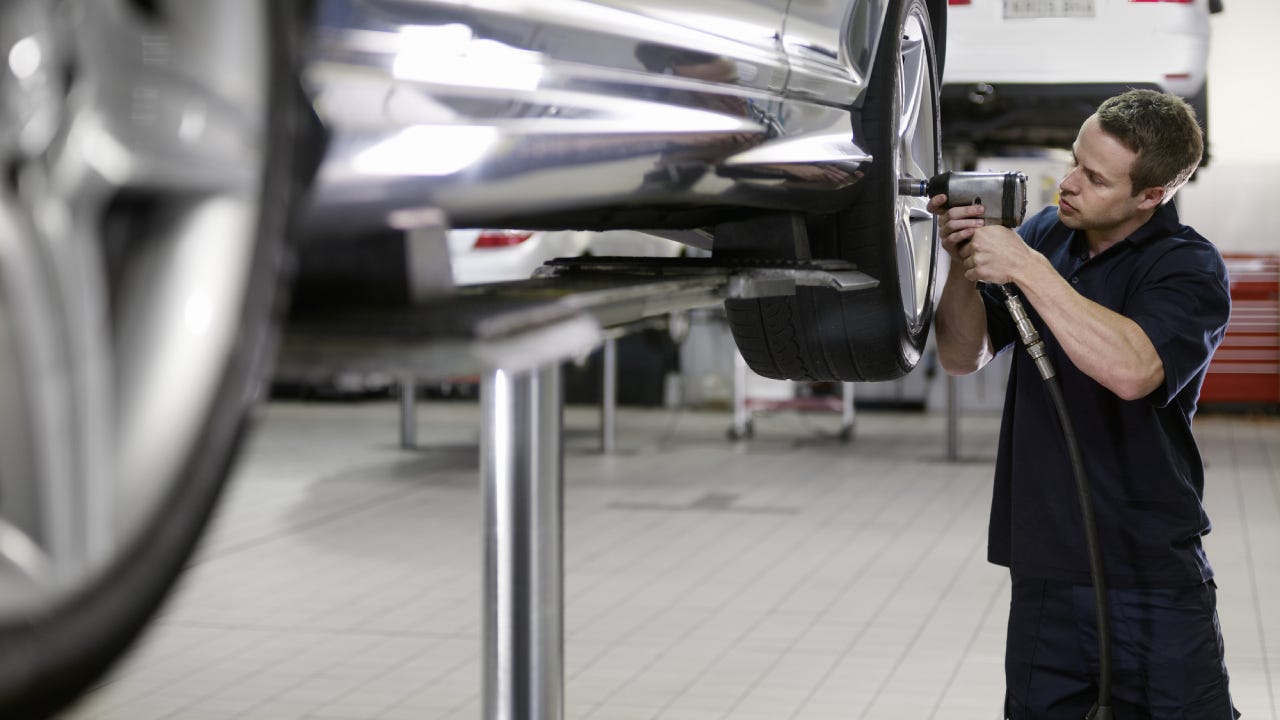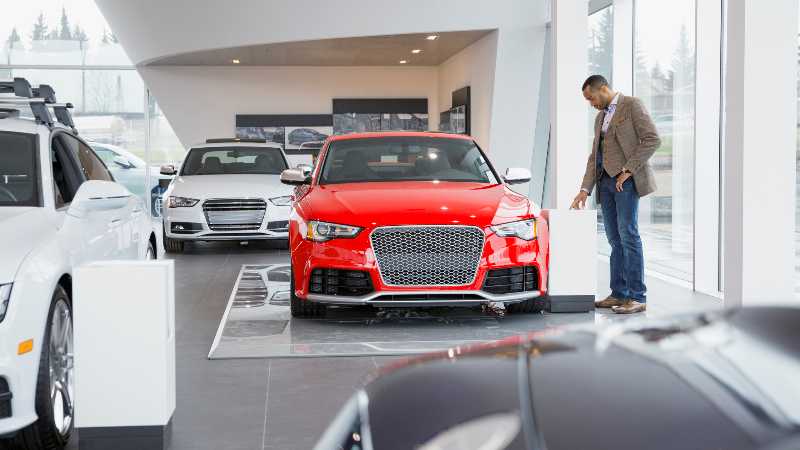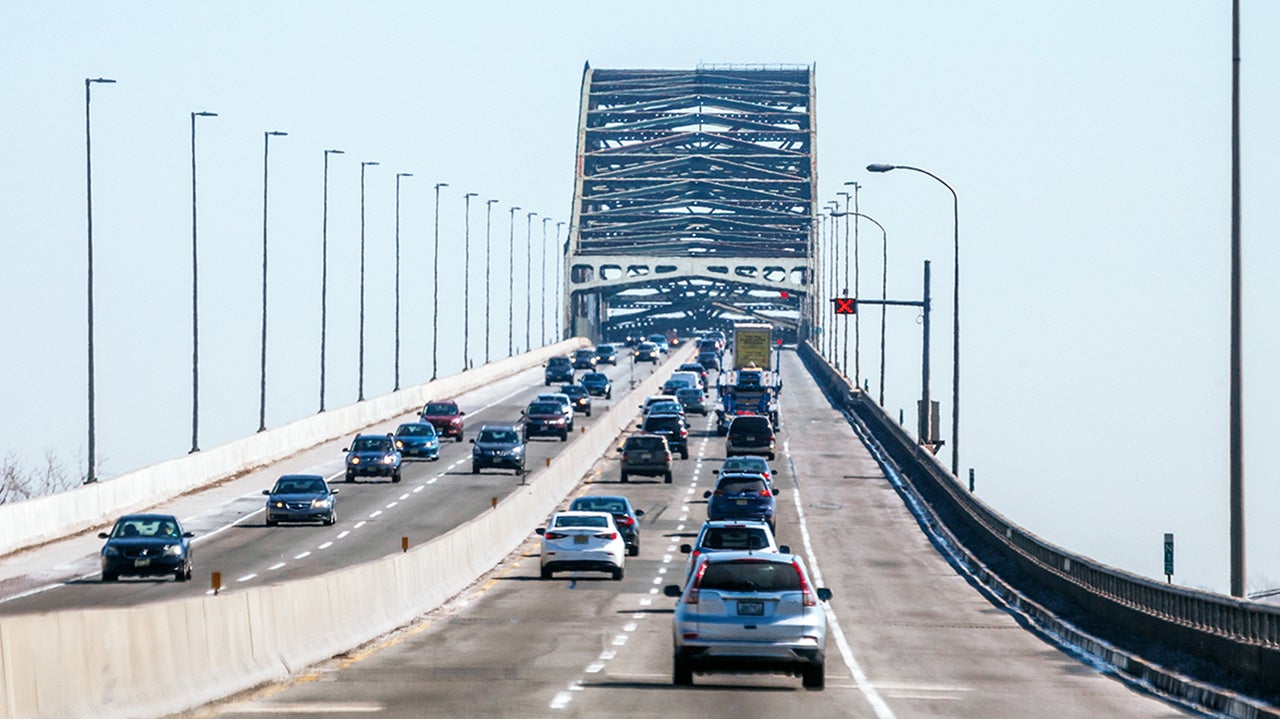Car insurance for a car with modifications

For some, a car is a means to an end: a quotidian tool for commuting and running errands. But for some owners, a car is a canvas, a hobby and an opportunity to dream big. Modified cars can be a source of rich enjoyment, but they may also pose some challenges when it comes to insurance. Finding the right policy for your modified car begins with understanding the ways in which standard car insurance can fall short for cars with modifications.
Will insurance companies cover modified cars?
Insurance companies are not all the same — and neither are all car modifications. Most car mods can be covered by insurance, but finding an insurer willing to cover modifications may take some research and patience.
If your car is currently insured through a standard car insurance provider, modifications may not invalidate your policy, but you might find that the value of your mods isn’t covered when you go to file a claim. In order to avoid this, you may want to keep thorough documentation of all modifications to your vehicle and ask your insurer about a custom parts and equipment (CPE) endorsement.
For some modified cars, however, an agreed value policy from an insurer that specializes in coverage for custom cars may be more appropriate. If your vehicle has extensive modifications that impact its value or performance, working with a specialty insurer may be the best way to feel confident that you have the coverage you need.
Agreed value insurance is a type of policy that exists to cover vehicles whose value is not easy to determine from a source like Kelley Blue Book. Classic cars and custom cars may require agreed value insurance, while a car with minor mods probably doesn’t need this type of policy.
To get an agreed value policy, you’ll need to find an insurer that offers them, such as Hagerty or American Collectors. Before the policy can be written, you and the insurer must reach an agreement on the value of the car. These policies typically cost more than a standard insurance policy, so think carefully about your car’s value and what you need from an insurance policy.
Do I have to tell my insurer about my car modifications?
In general, it’s a good idea to let your insurance company know about any changes to your car, particularly if you want to be sure that your policy covers modifications.
If you’re asked during the application process whether your car has modifications, answer honestly. Failure to disclose the presence of modifications when asked could constitute a material misrepresentation — that is, a form of insurance fraud.
If you’re not asked directly, you may not be required to disclose the presence of modifications in your vehicle, but keep in mind that your policy will be written with an unmodified vehicle in mind if you don’t inform your insurer about work you’ve done on the vehicle. If you need to make a claim, the cost to repair or replace non-original parts might not be covered by your policy.
How to manage insurance for a car with mods: Insights from real drivers
To get insight into how actual owners of cars with modifications handle the challenges of insuring their cars, we looked at Reddit threads discussing this topic.
Reddit user review
How much does modified car insurance cost?
Unless you’re looking for an agreed value policy, auto insurance for cars with modifications may not be significantly more expensive than an average policy. Custom parts and equipment (CPE) endorsements will add to the overall cost of car insurance, but will still typically cost less than an agreed value policy.
The primary factors that influence the cost of car insurance for modified cars are:
- The extent and type of modifications: Minor cosmetic mods may not require any specialized coverage, but major modifications that impact performance could demand additional insurance solutions and raise the cost of coverage.
- The type of policy you choose: An agreed value policy will usually cost more than a standard policy with endorsements for custom parts.
- The insurer you work with: Always compare quotes from multiple carriers when buying insurance for a modified car, since every insurer calculates the cost of coverage differently.
- Standard rating factors: Regardless of the type of policy you buy, your risk factors — from age and driving record to location, credit rating and insurance history — can influence what you’ll pay for coverage. Some states limit or restrict these factors, so check with your agent about what is allowed where you live.
Can I get discounts for car modifications?
Although some insurers offer auto insurance discounts for certain vehicle equipment, such as safety and security systems, these discounts typically only apply if the system is factory-installed. Adding modifications, from remote start systems to dash cams, is unlikely to earn you any discount on your insurance.
After making updates to your vehicle, it is understandable that you may want to look for ways to save money on your car insurance. Taking advantage of discounts or lowering your insurable risk as a driver may help you find cheap coverage. Some other discounts you may want to look for include:
- Telematics discounts: Many carriers offer telematics programs that could reward you with a lower rate for demonstrating safe driving habits.
- Student discounts: Students may be able to save on their premiums with potential discounts for good grades or enrolling in a defensive driving course.
- Payment discounts: These savings opportunities may be some of the easiest to earn. You might lower your rates by paying your premium in full or enrolling in paperless or automatic billing.
Frequently asked questions
Why we ask for feedback Your feedback helps us improve our content and services. It takes less than a minute to complete.
Your responses are anonymous and will only be used for improving our website.
You may also like

Can I add a car to my insurance that is not in my name?

Buying car insurance for a new car




